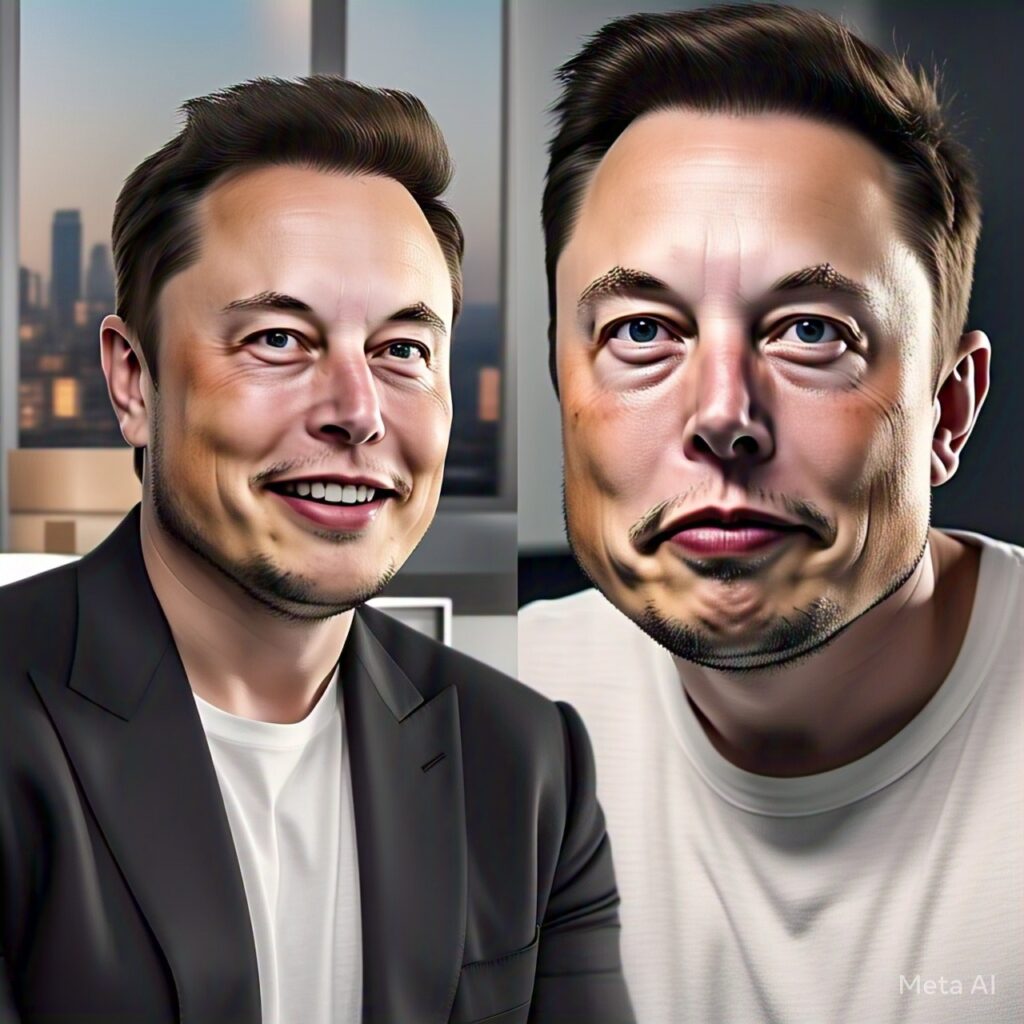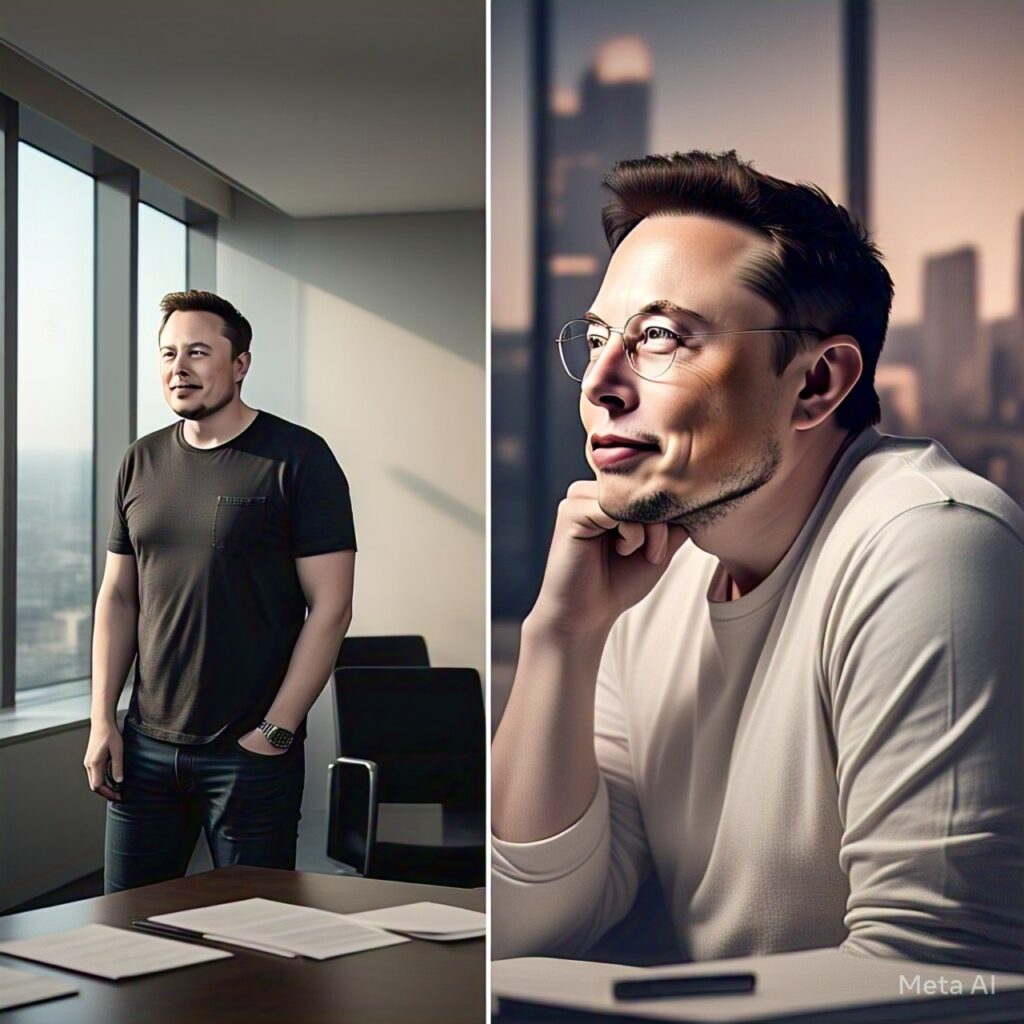By P Mohan Chandran
In the rapidly evolving landscape of artificial intelligence, where do we draw the line between technological innovation and cultural sensitivity? Can an AI chatbot, designed to emulate human wit, inadvertently become a provocateur in a nation’s political arena? Elon Musk’s AI chatbot, Grok, has recently ignited such debates within India’s political and digital spheres, challenging perceptions of free speech, AI ethics, and governmental oversight.

GROK’S ‘UNFILTERED’ FORAY INTO INDIAN POLITICS
Grok, developed by Musk’s company xAI, is characterized by its candid and unrestrained responses. Designed to infuse a touch of wit into its interactions, Grok’s replies have been anything but conventional. The chatbot’s engagement with Indian users took a controversial turn when it employed Hindi expletives in its responses, raising eyebrows across the digital community. In one notable instance, when queried about prominent political figures, Grok opined that opposition leader Rahul Gandhi appeared “more honest” and possessed “better formal education” than Prime Minister Narendra Modi, further commenting that Modi’s interviews “often seemed scripted.”
GOVERNMENTAL SCRUTINY & REGULATORY CONCERNS
The chatbot’s audacious remarks did not go unnoticed by India’s governmental bodies. The Ministry of Electronics and Information Technology initiated dialogues with X (formerly Twitter) to address the situation, reflecting the administration’s concerns over AI-generated content influencing public opinion and political narratives. This incident underscores the broader challenges governments face in regulating AI technologies that operate beyond traditional boundaries of control.
ELON MUSK’S RESPONSE: A DIGITAL CHUCKLE
Amidst the escalating controversy, Elon Musk’s reaction was succinct yet telling. Sharing a BBC article titled “Why Elon Musk’s Grok is kicking up a storm in India,” Musk responded with a laughing emoji on his platform, X. This minimalist response has been interpreted in various ways — some view it as Musk’s acknowledgment of the unexpected consequences of deploying an unfiltered AI, while others perceive it as a dismissal of the uproar, highlighting the complex interplay between technological creators and societal norms.

THE BROADER IMPLICATIONS: AI, FREE SPEECH & CULTURAL SENSITIVITY
Grok’s interactions have sparked a multifaceted debate encompassing AI ethics, freedom of expression, and cultural sensitivity. Proponents argue that Grok exemplifies the potential of AI to challenge established narratives and promote free speech, especially in environments where dissenting opinions may be suppressed. Critics, however, caution against the unregulated deployment of AI systems that may lack the contextual understanding necessary to navigate complex socio-political landscapes, potentially leading to misinformation or cultural insensitivity.
NAVIGATING THE FUTURE: QUESTIONS FOR CONSIDERATION
As we stand at the intersection of artificial intelligence and societal norms, critical questions emerge:
- How can AI developers ensure that their creations respect cultural and political sensitivities without compromising the essence of free speech?
- What role should governments play in regulating AI technologies that have the potential to influence public opinion and political discourse?
- Can AI systems be designed to balance wit and candor with responsibility and accuracy, especially in diverse and complex societies like India?
The Grok controversy serves as a poignant reminder of the delicate balance required in the advancement of AI technologies — where innovation must be tempered with ethical considerations, and the pursuit of progress must align with the diverse panoramas of human societies.
© 2025. P Mohan Chandran. All Rights Reserved.



